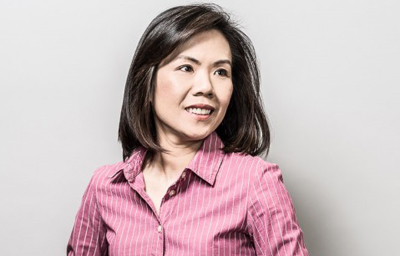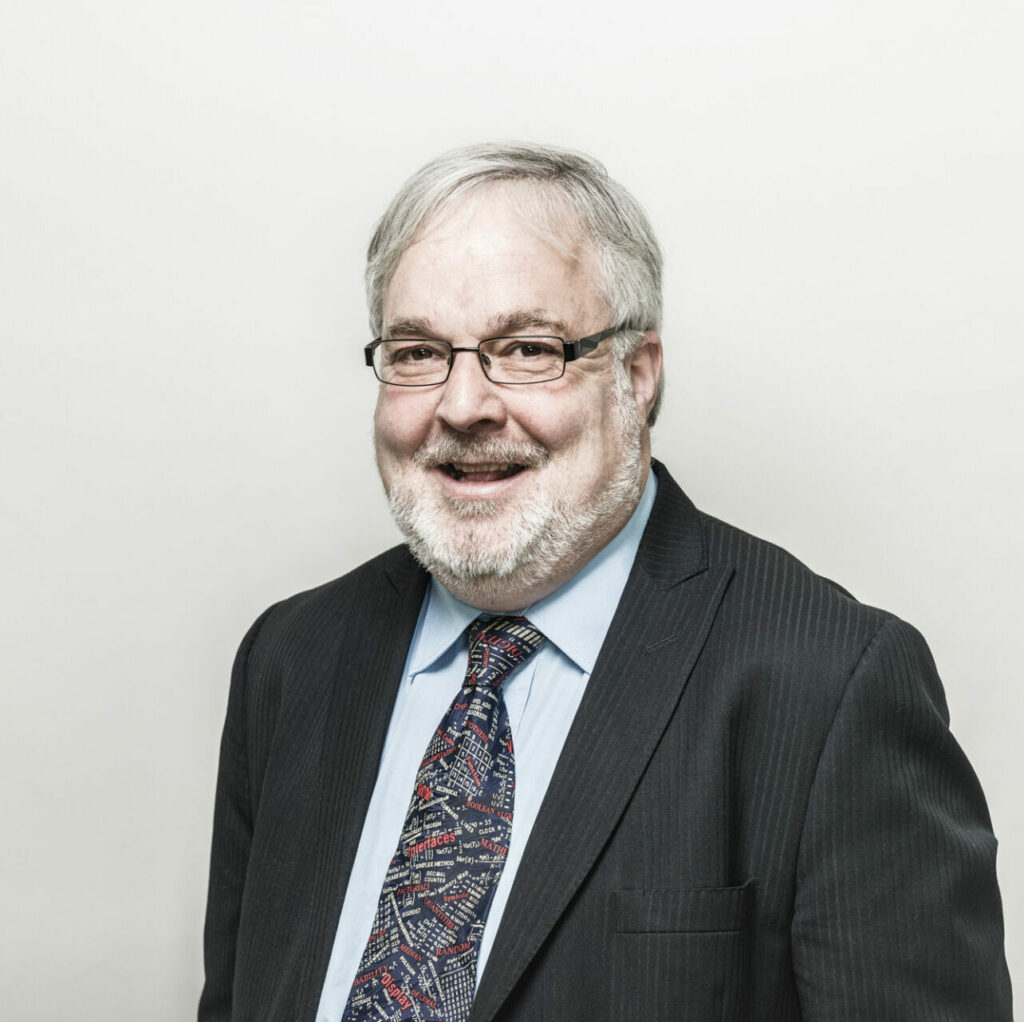
By Elaine Smith
York University’s academic plan calls “Working in Partnership” one of the University’s six priorities and the Lassonde School of Engineering has been listening closely and taking action.
Partnerships with Scotiabank and with other universities across Canada are both bearing fruit: one in combatting financial crimes and the other by assisting researchers who wish to commercialize their research.
Partnering with business

Since the Scotiabank Lassonde Financial Crimes Research Initiative was announced in September 2021, Uyen Trang Nguyen, an associate professor of electrical engineering and computer science, and her research team have been hard at work creating solutions and countermeasures to combat financial crimes using a combination of artificial intelligence (AI), machine learning, big data, social media, cybersecurity and cloud computing.
“Financial markets and products are growing more and more complex, aided by digital transformation,” Nguyen said. “It’s a double-edged sword, because there has also been growth in the complexity of financial crimes, such as sophisticated money laundering schemes and frauds.
“Proceeds from financial crimes are used to support and facilitate various environmental and social crimes, including drug and human trafficking, wildlife poaching and child sexual exploitation.”
She is training her students for jobs in financial crime analysis and risk management so they're ready to face and tackle financial crimes.
Nguyen’s own research focuses on cybersecurity, protecting consumers against fraud and creating tools to assist financial institutions and law enforcement agencies in fighting social and environmental crimes. In partnership with Scotiabank, she and her team are developing a software tool to detect patterns that indicate the presence of potential non-compliant or criminal activities. Thanks to AI and machine learning, huge volumes of data can be reviewed quickly.
The team is also developing more efficient tools for searching the dark web, that portion of the internet that isn’t indexed by Google or other search engines. There is a lot of sensitive information from hacked databases that finds its way there for sale or sharing, such as credit and debit card information, personally identifiable information and passwords.
“I imagine the dark web is like the very early days of the internet with no search engines or indexing, but it’s a place where criminals hide information,” Nguyen said. “It means going through hundreds and hundreds of pages; it’s like looking for a needle in a haystack and requires patience and smarter tools.
“We’re looking for financial and credential data breaches, and cyber threats such as malware and ransomware to assist consumers, businesses and law enforcement.”
In a related project, Nguyen and her team are creating a tool using machine learning and natural language processing to translate text containing slang and dark web terminology into everyday English to assist financial institutions and law enforcement in investigations of relevant unseemly activity.
Creating a global classroom

Andrew Maxwell, York’s Bergeron Chair in Technology Entrepreneurship, is involved in a partnership of a different kind. This term, he is teaching a graduate course in research commercialization to graduate students from York, as well as virtually to graduate students in seven other universities across Canada.
The curriculum is drawn from Maxwell’s 20 years of experience in technology transfer and entrepreneurship, his PhD and his experience in offering research commercialization workshops to researchers and entrepreneurs in universities and industries across Canada and the United States.
“When I came to York in 2014, I ran this as a graduate course, but people from other institutions in the U.S. wanted to have me continue my in-person workshops,” Maxwell said. “Given my other university commitments, I suggested doing these workshops with partners virtually, but people weren’t interested. Then came the pandemic. I invited students and faculty from other universities to join my class virtually and they realized that it could work, bringing diverse perspectives and experiences to the creative problem-solving process.”
With an Academic Innovation Fund grant in hand, Maxwell is formally running a pilot of the course this semester with students from multiple institutions. Based on this experience, he will then decide how to scale up the experience, before standardizing the curriculum. It is the first time he has worked with his collaborators to offer the course both in person and online for credit to students both at York and elsewhere.
“We have only Canadian students this year, but we’re working out how to give credit to research students globally,” he said. “We underestimated the logistics of getting courses approved for credit outside the country.”
It’s not only an interprovincial student body, but an interdisciplinary one. While 70 per cent of the students are engineers, about 15 per cent come from science and the remainder from fields such as psychology and business.
“The challenge of increasing the success of research commercialization is a global one, this course gives people the framework and tools to follow a structured journey from innovation to adoption,” Maxwell said. A unique aspect of the course is the level of peer interaction and reflective learning. Students get and give a lot of feedback on each project, so they feel both a sense of ownership and that they’ve contributed to someone's success.
“We basically use a design-thinking iterative approach, where each week participants need to take a step forward then check their assumptions against the marketplace and user needs. When you test your assumptions and fail, then you build resilience – a core ingredient for eventual success.”
As with the BEST program for technology entrepreneurship that Maxwell runs, he believes that working at the intersection of business, law and engineering, York has “something very special” to offer the world.
“This course is a great way to extend the impact of the University and virtually every technology we have in the class links directly to the United Nations Sustainable Development Goals,” he said. “We’re translating research into innovative solutions while also building global research partnerships.”
Lassonde’s partnership, whether with business or with other universities, is serving all the partners well.
